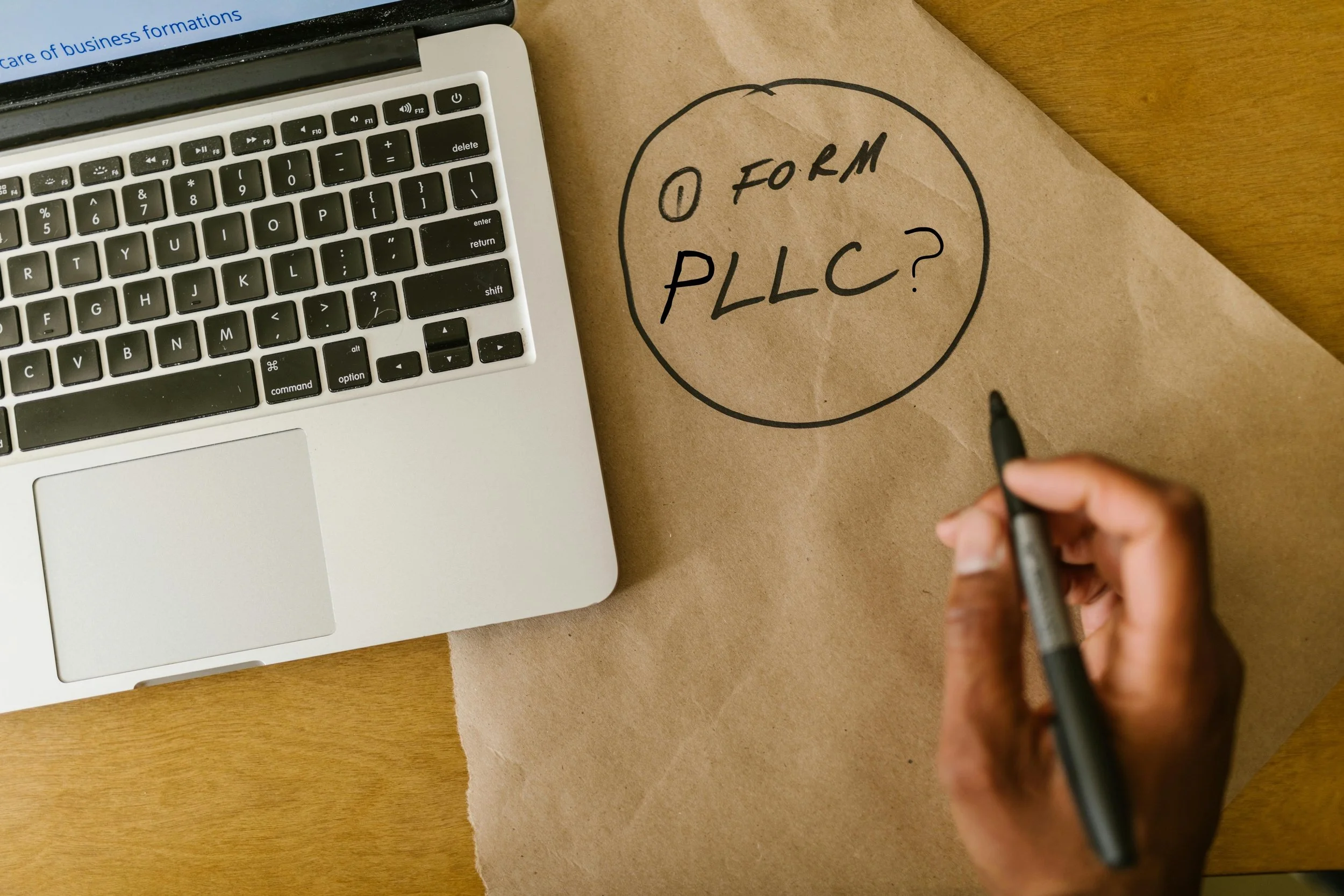Are There Any Exceptions to the Two-Year Meeting Requirement for Fiancé Visas?
In a previous post, we discussed the two year meeting requirement for fiancé visas and the best evidence to prove that you and your fiancé met in person prior to submitting the K Visa application. Although the meeting requirement is quite rigid, there are two exemptions available to those who qualify. According to the immigration regulations, a petitioner (the U.S. citizen) may be exempted from the two-year meeting requirement "only if it is established that compliance would result in extreme hardship to the petitioner or that compliance would violate strict and long-established customs of the beneficiary's (the non-citizen fiancé) foreign culture or social practice, as where marriages are traditionally arranged by the parents of the contracting parties and the prospective bride and groom are prohibited from meeting subsequent to the arrangement and prior to the wedding day."
When it comes to these exemptions, they are completely discretionary, meaning, despite providing sufficient evidence to show that your case warrants a favorable decision, the officer reviewing your case can still decide to deny the petition on discretionary grounds, i.e., their opinion alone is enough. Attempting to seek an exemption should be taken with extreme caution as these requests are rarely granted and heavily scrutinized.
EXTREME HARDSHIP TO PETITIONER
Unfortunately, the immigration statute and regulations do not directly define Extreme Hardship, so each claim of extreme hardship is judged on a case-by-case basis, taking into account the totality of the petitioner's circumstances. Generally, when seeking this exemption and submitting evidence of extreme hardship, the officers reviewing the petitioner's case consider whether the petitioner can demonstrate the existence of circumstances that are: (1) not within their power to control or change and (2) likely to last for a considerable duration or the duration cannot be determined with any degree of certainty.
Since each case and individual circumstances are certainly unique, what may work in one case will not work in another. However, we know based on past cases and administrative precedence that financial hardship alone has been proven repeatedly to be insufficient evidence of extreme hardship. Asserting that you don't have the money to visit your fiancé is not enough to qualify for this exemption. Furthermore, any claims that the petitioner is fearful of entering the beneficiaries home country will also fail to meet this exemption. For example, a female petitioner might be afraid to enter her fiancé's country if it is known for treating women as second-class citizens; however, there are no requirements that the couple meet in the beneficiary's home country. In fact, they can meet anywhere in the world, so long as they meet in person within 2 years of the application filing.
In cases that have successfully shown extreme hardship, one of the defining characteristics is often a medical condition suffered by the petitioner or petitioner's family member that physically prevents them from traveling or leaving the country. These types of claims must be proved with well-documented evidence from doctor's, medical records, etc. to show the true nature of the medical condition. Again, the case-by-case analysis that takes place requires a well crafted story showing that the petitioner truly warrants an exercise of discretion. An effort to simple evade the 2-year meeting requirement will surely be revealed by the evidence provided.
VIOLATION OF STRICT AND LONG-ESTABLISHED CUSTOMS OF BENEFICIARY'S FOREIGN CULTURE OR SOCIAL PRACTICE
Under this exemption, the regulations state, "in addition to establishing that the required meeting would be a violation of custom or practice, the petitioner must also establish that any and all other aspects of the traditional arrangements have been or will be met in accordance with the custom or practice." If attempting to waive the meeting requirement under this exemption, the petitioner must provide objective evidence showing that the couple is prohibited from meeting prior to the marriage. This might include religious texts, teachings, and guidance from established, verifiable resources. Affidavits from religious clerics, without showing evidence of their authority or the effect of such an affidavit, is insufficient evidence. Likewise, if asserting this exemption it is necessary to show that the beneficiary actually follows this religion/social custom, etc. Stating that this is the norm in the beneficiary's country, but not showing that the beneficiary follows these norms will result in a denial.
Ultimately, these exemptions are extremely difficult to obtain. They are rarely granted and always fall under discretionary review, which means that you can submit hundreds of pages of evidence showing entitlement to the exemption and still be denied. The best advice is to truly make the best effort to meet with your fiancé within 2 years of filing the fiancé visa application.
If you are currently facing circumstances that prevent you from meeting your fiancé, our attorneys are available to speak with you and advise on whether you would be successful in raising an exemption claim. If you have any other questions or you are interested in seeking a consultation to learn more, please do not hesitate to give us a call or schedule a consultation using the button at the top of our website.
Disclaimer: This blog post and similar posts are not to be considered as providing legal advice. The discussion here is meant for educational and informational purposes only and shall not create an attorney-client relationship with the readers of this content.
tags
- 90 Day Rule 1
- Addendum 1
- Adjustment of Status 15
- Advance Parole 1
- Affidavit of Support 1
- Americans with Disabilities Act 1
- Attorney-Client Privilege 1
- Attorney-Client Relationship 1
- Background Checks 1
- Bargaining Power 1
- Bars to Adjustment of Status 1
- Board of Directors 1
- Bona Fide Marital Relationship 3
- By-laws 1
- CIMT 1
- Certificate of Authority 1
- Certificate of Citizenship 1
- Child Citizenship Act of 2000 1
- Commercial Leases 1
- Conditional Green Card 6
- Confidentiality 1
- Consular Processing 3
- Consulting Agreements 1
- Continuous Residency 1
- Contract Clauses 9
- Contract Negotiation 6
- Contracts 12
- Coronavirus 4
- Corporations 6
- Correcting Errors 1
- Crime Involving Moral Turpitude 1
- Crime Victims 6
- DACA 1
- Dissolving LLCs 1
- ESTA 1
- Employees 3
- Employers 3
- Expanded Family/Medical Leave 1
- FOIA Requests 1
- False Claim to U.S. Citizenship 1
- Fiancé Visa Interview 1
- Fiancé Visas 10
- Force Majeure 2
- Foreign PLLCs 2
- Freedom of Information Act 1
- Good Moral Character 7
- Green Card Interview 2
- Greencard 17
- I-129F 1
- I-130 Application 3





